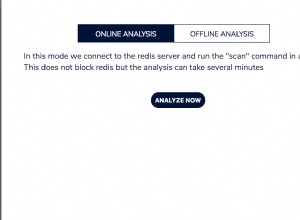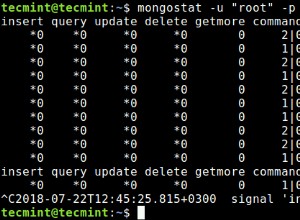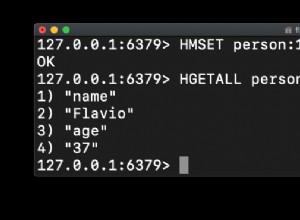Willkommen im asynchronen Land :-)
Mit JavaScript passiert alles parallel außer Ihrem Code. Dies bedeutet in Ihrem speziellen Fall, dass die Rückrufe nicht aufgerufen werden können, bevor Ihre Schleife beendet ist. Sie haben zwei Möglichkeiten:
a) Schreiben Sie Ihre Schleife von einer synchronen for-Schleife in eine asynchrone rekursive Schleife um:
function asyncLoop( i, callback ) {
if( i < answers.length ) {
console.log(i)
var question_ans = eval('(' + answers[i]+ ')');
var question_to_find = question_ans.question.toString()
var ans = question_ans.ans.toString()
console.log(ans)
quiz.where("question",question_to_find).exec(function(err,results) {
console.log(ans, results)
if (ans == "t") {
user_type = results.t
} else if (ans == "f") {
user_type=results.f
}
asyncLoop( i+1, callback );
})
} else {
callback();
}
}
asyncLoop( 0, function() {
// put the code that should happen after the loop here
});
Zusätzlich empfehle ich das Studium dieses Blogs. Es enthält zwei weitere Stufen die Async-Loop-Treppe hinauf. Sehr hilfreich und sehr wichtig.
b) Setzen Sie Ihren asynchronen Funktionsaufruf in einen Abschluss mit dem Format
(function( ans ) {})(ans);
und versehen Sie es mit der Variable, die Sie behalten möchten (hier:ans ):
for (var i=0;i < answers.length;i++) {
console.log(i)
var question_ans = eval('(' + answers[i]+ ')');
var question_to_find = question_ans.question.toString()
var ans = question_ans.ans.toString()
console.log(ans)
(function( ans ) {
quiz.where("question",question_to_find).exec(function(err,results) {
console.log(ans, results)
if (ans == "t") {
user_type = results.t
} else if (ans == "f") {
user_type=results.f
}
})
})(ans);
}




